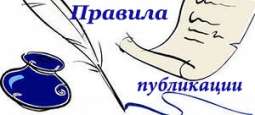In 2023, in the laboratory of GBIST CEPE of the Institute of Natural and Technical Systems, work continued to study the effect of EMF on marine microbiota
Since 2023, the work started in 2022 to study the effect of EMF on marine microbiota (cultures of microalgae and suspensions of algoviruses) has been continued in the laboratory of GBIST CEPE.
The used and upgraded laboratory facility was created in 2021 and was first described and presented as a poster report at the conference “Environmental Control Systems–2021”. A detailed description of the device is given in the article Penkov M.N., Sholar S.A., Stepanova O.A. Laboratory installation for studying the influence of an alternating electromagnetic field on marine microbiota // Environmental control systems. 2022. No. 3 (49). pp. 37-43.
Cultures of microalgae Tetraselmis viridis and Dunaliella viridis, as well as algoviruses to these microalgae – TvV (strain TvV-SI1) and DvV are used as marine microbiota.
The biological material is placed in a coil (experiment), where an EMF is created with the frequency and power specified by the experimenters. In a control with equal conditions of illumination and temperature, the biological material being studied is placed equal in volume with the experience. The duration of the experiment, as well as the physical characteristics of the EMF, has been increased this year – from 4 to 9 days.
The results of the experiments indicate the depressing effect of EMF on the infectious titer of algoviruses, as well as a decrease in the sensitivity of microalgae cultures to viral lysis (increased resistance to viral infection), which was also observed according to experiments in 2022.




